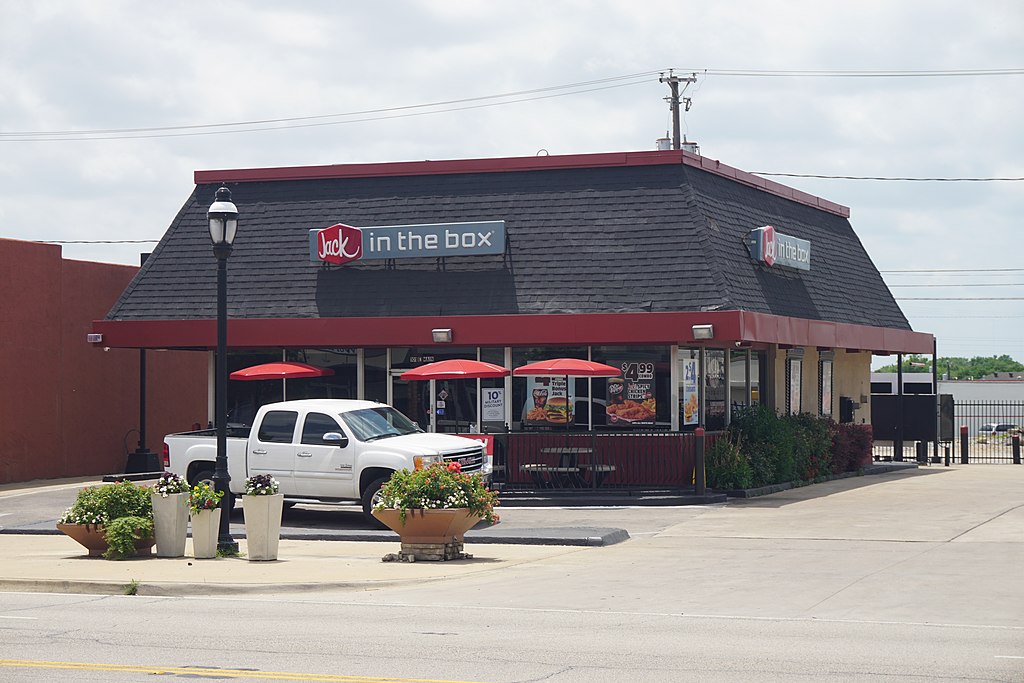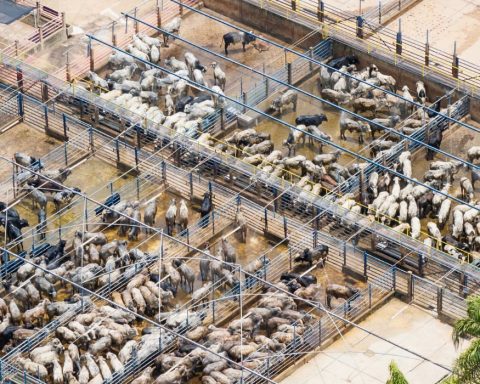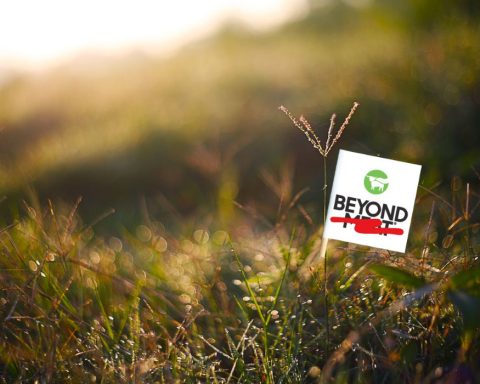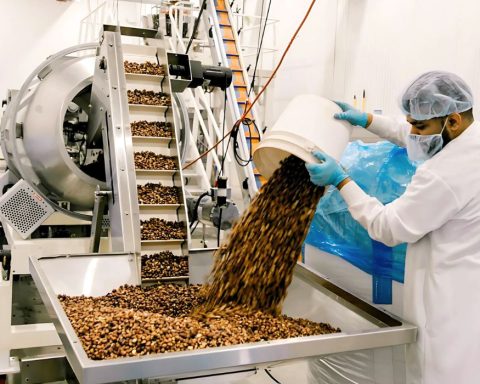The food we eat is responsible for as much as a third of global greenhouse gas emissions. Most of that comes from beef – including millions of burgers served up by fast food chains across the world. To date, fast food companies have made little progress in curbing their climate pollution, but pressure to hold these corporations accountable is mounting, and it’s coming from their own shareholders.
This year, fast food chains Jack in the Box and Wingstop agreed to publish their first set of measurable climate targets, following a campaign by the shareholder advocacy group The Accountability Board.
The two-year-old non-profit owns shares in roughly 100 publicly traded companies. Its purpose: “to hold companies accountable on issues relating to the environment, social matters and corporate governance,” says co-founder Matt Prescott.
A growing movement of non-profit shareholders are filing proposals and seeking action to increase corporate accountability. “They’re using the financial-system infrastructure to enable them to get access to companies that they might not get access to otherwise,” explains Kevin Chuah, an assistant professor at Northeastern University who researches stakeholder activism.
The Accountability Board focuses on food and agriculture companies like Tyson Foods and Hormel Foods because they have an outsized impact on the environment and animal welfare, Prescott says.
While many multinational corporations have made public climate commitments, they have often failed to back them up with actionable plans for accomplishing those goals. That was the case with Jack in the Box, according to Prescott. “They’ve got disclosures about risks posed by climate change and other environmental issues, but the company didn’t actually have measurable goals for reducing its emissions,” he says. Thanks to the newly passed proposal, now they will.
Jack in the Box now reports Scope 1 and 2 emissions – that is, emissions the company directly emits or that are generated from the electricity or other utilities the chain uses. In the food sector, however, as much as 90% of greenhouse gases come from Scope 3 sources, with most of those coming from meat and dairy products. Scope 3 refers to emissions that come from a company’s supply chain, which in this case includes the beef burgers that are a massive driver of food-related emissions.
RELATED:
Vegan restaurateurs are putting the fast food industry on notice
Activist hedge funds joining fight against climate change
Investors crank up the heat on bank fossil fuel financing
The Accountability Board structures its proposals strategically to make them more likely to succeed, such as by keeping them general, Prescott explains. For example, the group may ask for measurable targets without prescribing what those targets should be. Otherwise, major shareholders – who tend to shy away from proposals that are overly prescriptive – might withhold their support, Prescott says.
The evolution of shareholder activism
Shareholder activism traces its roots to the 1980s. At the time, shareholder activists usually sold their shares once their goals were achieved, earning them the nickname of “corporate raiders.” Since then, activist investors have managed to reform their reputation and corporate executives now take a greater interest in shareholder perspectives.
The Accountability Board doesn’t usually sell its shares, instead choosing to maintain and also grow its portfolio, Prescott says. Most of the shares the organization owns were bought with an initial $11-million grant from the non-profit foundation Open Philanthropy.
For Chuah, shareholder activists are one piece of the bigger picture of change. Agitator non-profits and religious groups are often the ones “who get issues onto the table and effectively bring them to the attention of the mainstream,” he says. Next, “the institutional investors get on board.” Real progress, according to Chuah, requires both: those working within and outside of institutions.
Grace Hussain covers farming and agricultural policy. She holds her MS in Animals and Public Policy from Tufts University.
This article was originally published by Sentient. It has been edited to conform with Corporate Knights style.







